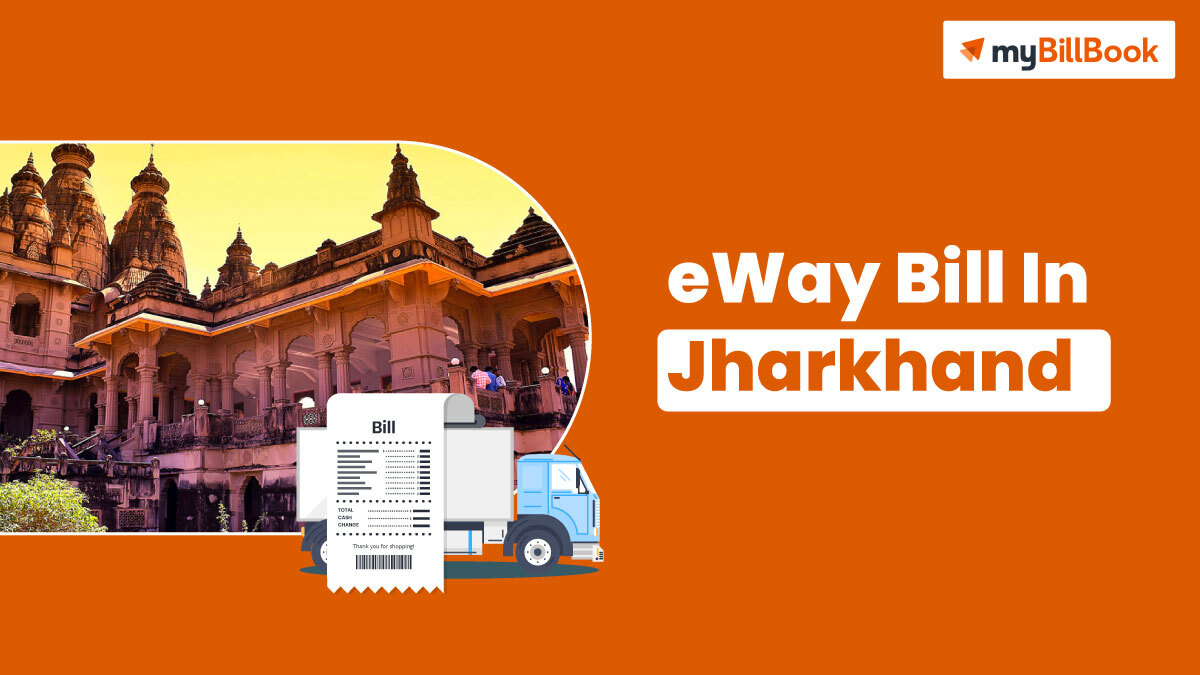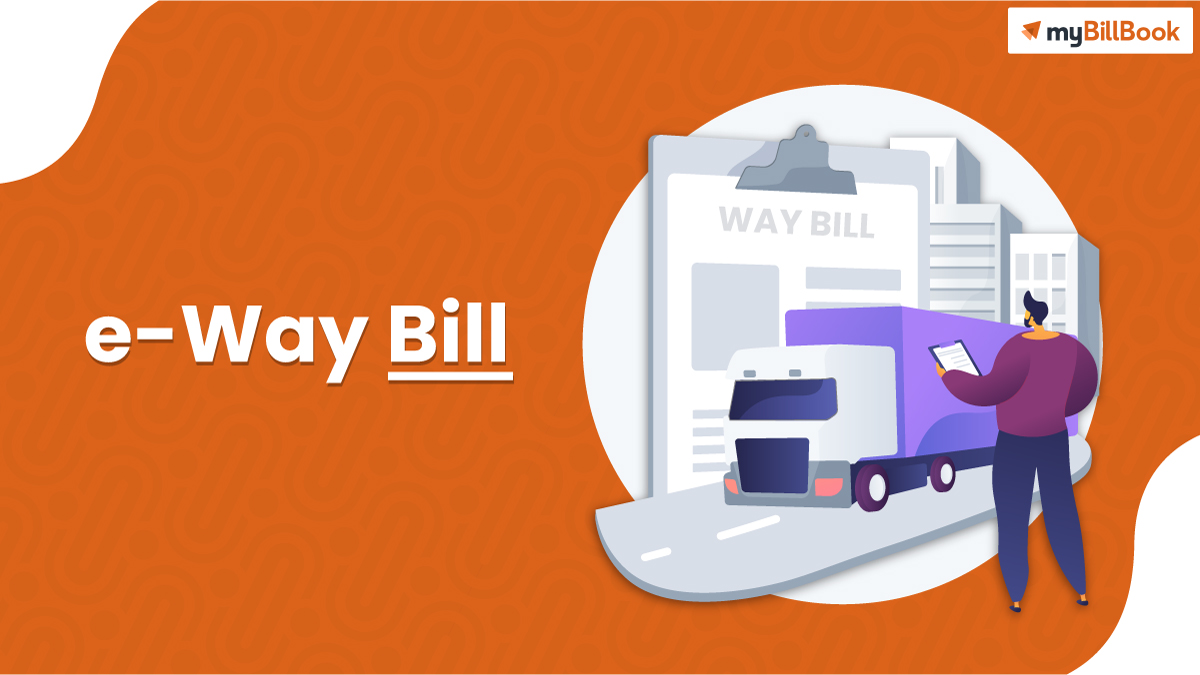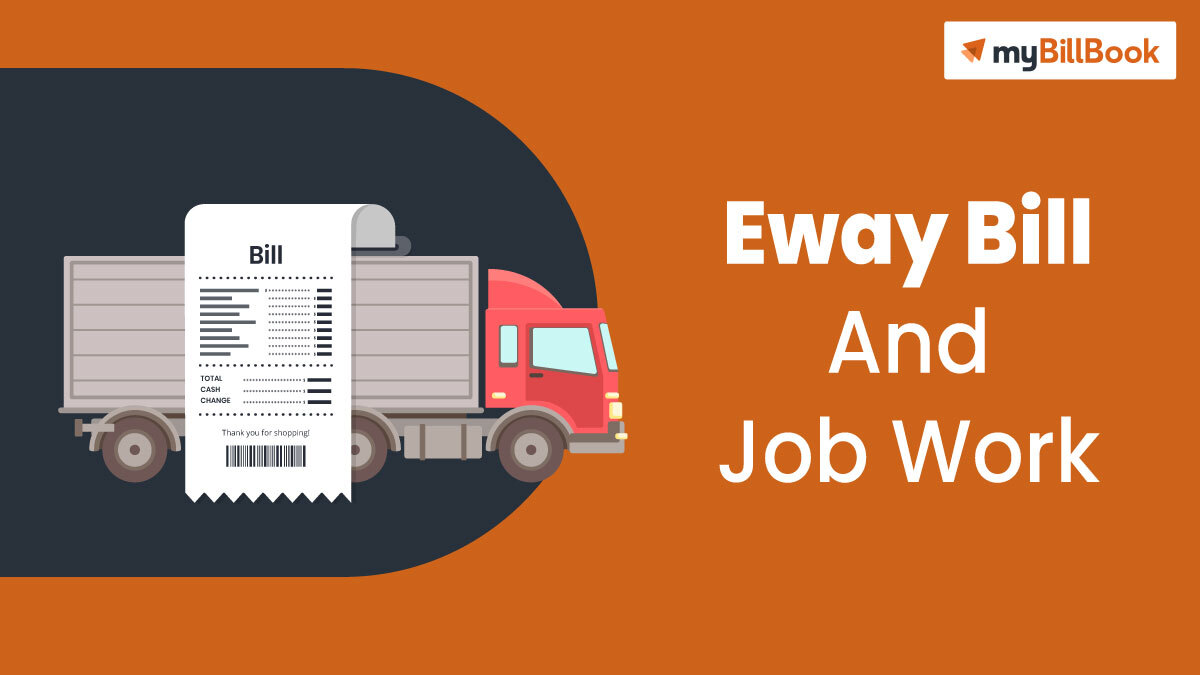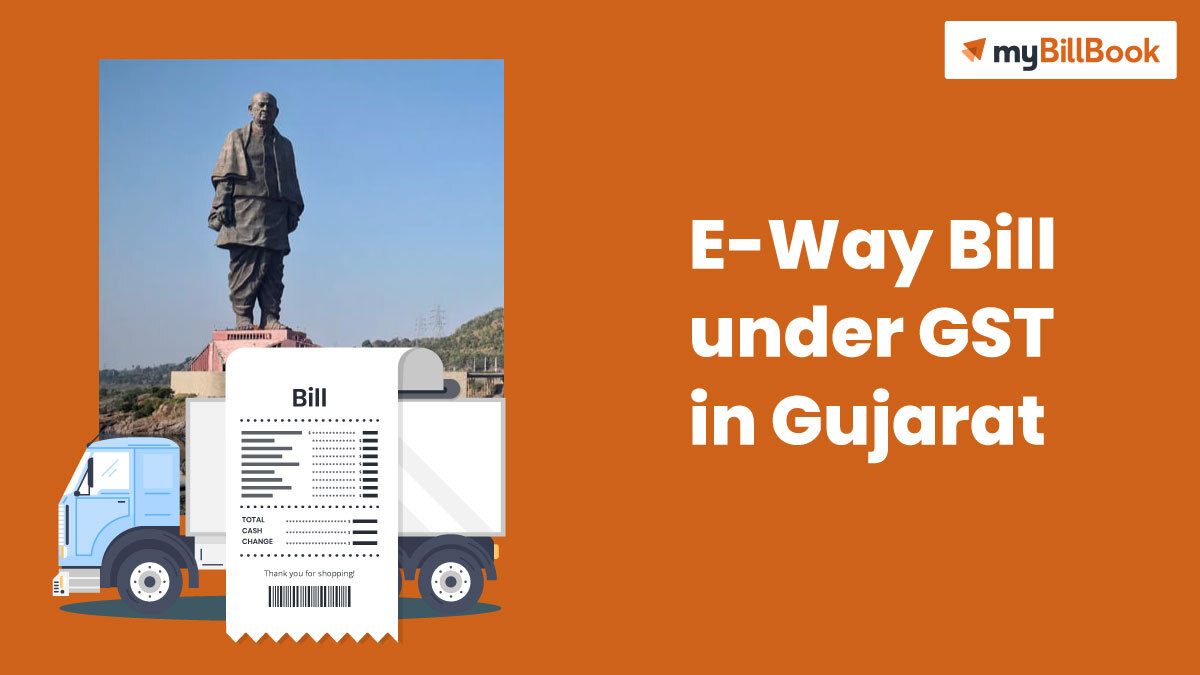A law released by the Central Government on 7 March 2018 states that beginning on 1 April 2018, the National E-Way Bill system would include transferring goods across borders or among states.
Thus, dealers must create an E-way Bill on the E-waybill portal for Interstate transportation of products. E-way bill in Jharkhand is already operational from 01-Apr-2018 for any movement out of the state.
Objective of E-way bill in Jharkhand
Jharkhand is home to a sizable amount of mining, manufacturing, and trading activities that significantly contribute to the nation’s economic development.
Jharkhand had a system for tracing the transportation of products before the introduction of the GST and the E-way Bill. A permit in Form Sugam G/ Sugam P/ Sugam B was made applicable for any transfer of taxable items interstate or intrastate, as well as for returns.
Transporting goods worth more than INR 50,000 inside or outside of a State will now require an electronic-way bill (or e-way Bill) through prior online registration of the consignment under GST.
After the supplier and the transporter enter the data on the GST site to generate an e-way bill, the recipient, the supplier, and the transporter will all have access to a specific e-way bill number on the common portal.
The goal of presenting the e-Way Bill is to satisfy the expectations and worries of the stakeholders satisfactorily
Who are the stakeholders while generating an e-way bill?
The e-Way Bill’s four main stakeholders are as follows:
Suppliers
Create e-Way Bills and, if necessary, reject e-Way Bills that have been generated in their name by unrelated parties.
Receivers
Create e-Way Bills and, if they were not generated in their name, reject any e-Way Bills.
Travelers
Must create the e-Way Bills, consolidate the e-Way Bills, and update the vehicle numbers for the e-Way Bills that the taxpayers have allotted to him for transportation.
Departmental Officers
Verify the e-Way Bills and the consignments that are being transported on them.
When is the E-way Bill to be generated in Jharkhand?
An e-way bill in Jharkhand is generated when:
- An E-way charge is incurred when transferring goods worth more than Rs. 50,000 to or from a registered person. An E-way bill may still be provided by the registered person even if the products have a value of less than Rs. 50,000.
- It is also necessary for someone who is not registered for GST to produce the E-way bill. A registered person must ensure that all compliances are correctly met when an unregistered person supplies them.
- Transporters of goods by sea, land or air must also provide an E-way bill if the provider has not.
What documents are required to generate an E-way bill in Jharkhand 2024?
The following documents are a must to generate an e-way bill:
- An appropriate challan,bill of supply or invoice for the shipment of goods
- Transporter ID or vehicle number if operating by road
- For transportation by rail, ship or air, include the transporter ID, date, and document number.
Format of the GST e-Way bill in Jharkhand
The e-way bill is made up of two parts. Part A and Part B. Part A collects the details about the consignment, such as the invoice details.
The information mentioned below is to be submitted:
- It is necessary to submit the recipient’s GSTIN.
- It is required to state the delivery location’s Pin code.
- It is important to bring up the consignment’s value.
- It is required to submit the invoice or challan number used to purchase the products.
- The purpose of the journey should be determined beforehand, and the optimal one should be chosen.
- It is necessary to input the HSN code for the transported items. If the turnover is up to INR 5 crores, the HSN code’s first two digits must be included. If the turnover surpasses INR 5 crores, you require an HSN number with four digits.
- The number of the transport document must be mentioned. There are codes for the goods receipt, the railway receipt, and the airway bill.








